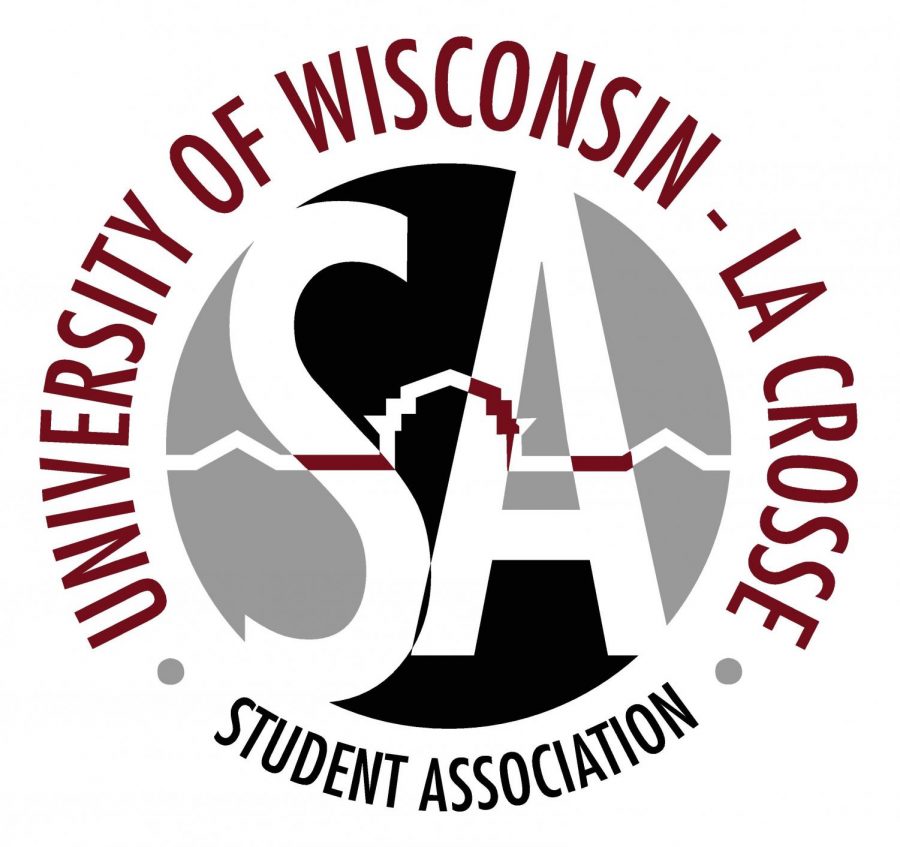Student Association meets to discuss the Green Fund grant proposals and student printing funds
April 15, 2021
On Wednesday, April 13, the University of Wisconsin La Crosse Student Association (SA) met to introduce the Green Fund grant proposals. SA also heard concerns about student printing fees that have risen with the move to online.
During the student body open forum, UWL junior Keren Krisnik came to the SA to present her concerns with the increase in student printing that has occurred since the pandemic started. She said, “the responsibility has shifted to students paying instead of the university.” Krisnik said that since classes have switched to an online format, teachers are just sharing a PDF and having students print it on their own.
Krisnik is an English major and said, “I spend about fifteen dollars a week personally.” She also recognized that this amount may be on the higher end for students. She proposed the idea of creating a printing fund for students on campus. Krisnik also believes that this is a long-term issue because professors will most likely try to keep some of the virtual aspects of classes when UWL is back in person. The SA said they will continue to discuss some solutions to this issue.
The SA also introduced the new green fund grant proposals. Each year, students, faculty, and staff on campus have the ability to write grants for the green fund to try and add or change something on campus that promotes sustainability and works towards lowering UWL’s carbon footprint. In Wednesday’s meeting, there were two grants proposed that were introduced by the student senator and head of the green fund, Andrew Ericson.
The first proposal brought forward was about installing new sensor faucets in the Student Union bathrooms. This would include the replacement of 51 faucets that are currently manual. The hope is to reduce water use from faucets being left on, but also save energy costs on heating water. The new sensor faucets would only have one temperature for water year-round. It also provides some health and safety benefits if individuals don’t have to touch the handles when washing their hands. It also will relieve some work from the custodial staff. This project would cost a total of $19,622 with $15,300 going towards parts and $3,388 towards labor and a 5% contingency. If this is approved, it would be replaced during the summer of 2021.
Some concerns were brought up by the Joint Committee for Environmental Sustainability (JCES), which has to approve it first before it goes to the SA. The main concern was that it may be less effective than it appears to be since the union faucets are only two years old. They also brought up the possibility of expanding this to the Recreational Eagle Center (REC) in the future. In response to this grant proposal student senator, K.C. Cayo also brought up another benefit of these faucets and said, “they are also disability-friendly.”
The second grant proposal is to replace the steam traps in Coate Hall. Currently, there are older steam traps at Coate that allow for steam to pass through even when they are closed. This wastes steam and increases the reliance on natural gas. This is a change that will not necessarily be visible or noticeable to students but will have an impact on energy saving. It also may reduce the amount of noise produced by the heaters in the winter that students often hear. These steam traps will last for about 10 years. This project would cost $41,533 with $23,956 for materials, $15,600 for labor and 5% contingency. There have been grants for steam traps passed in the past as well.
JCES and the Segregated University Fee Allocation Committee (SUFAC) both reviewed these grants and have suggested passing them when giving the proposals to the SA.
Currently, the Green Fund has a balance of an estimated $170,000 and the committee is hoping to use these funds because they have a budget cap that they are approaching. Both of the resolutions will be voted on in the SA meeting next week.







